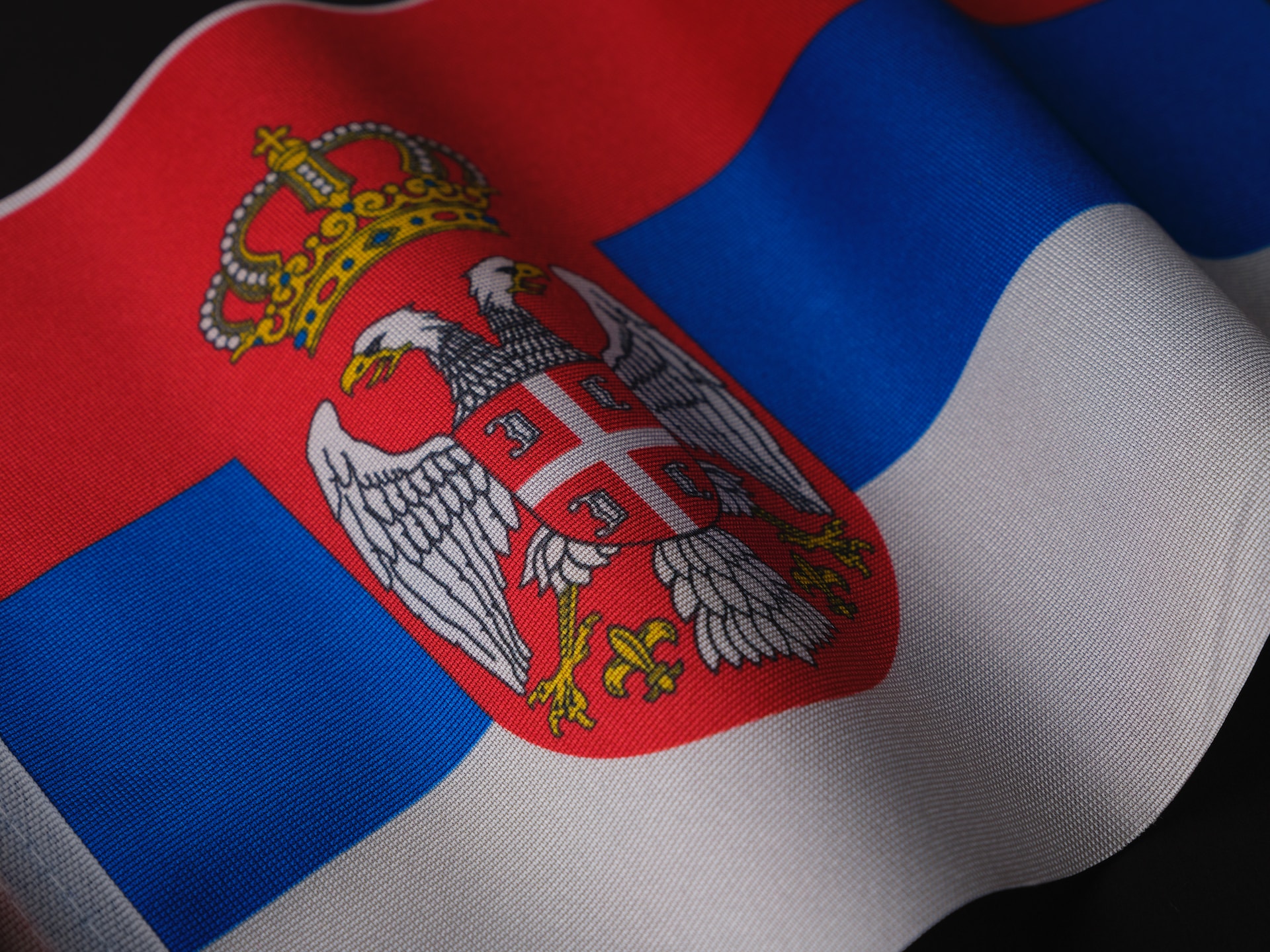Serbia's economy heavily depends on imports to meet its diverse needs and support its industries. The major imports of Serbia include mineral fuels and oils, machinery and mechanical appliances, electrical machinery and equipment, vehicles and automotive parts, plastics and plastic articles, iron and steel, pharmaceuticals, organic chemicals, optical and medical instruments, and processed food and beverages. The primary trading partners vary across different categories, with key partners including Germany, Russia, Italy, and Hungary. Understanding these import trends and trading partnerships is crucial for analyzing Serbia's economic landscape, identifying areas of collaboration, and formulating effective trade policies.
Mineral Fuels and Oils:
Mineral fuels and oils hold the top position in Serbia's imports by volume. The import value for this category is substantial, reaching approximately $2.5 billion. Serbia imports petroleum products, including crude oil, gasoline, diesel fuel, and other refined petroleum products. The primary trading partners for mineral fuels and oils are Russia, Romania, and Greece.
Machinery and Mechanical Appliances:
Machinery and mechanical appliances are essential for Serbia's industrial sectors. The import value for this category is significant, reaching around $2 billion. Serbia imports machinery used in various industries, including manufacturing equipment, construction machinery, and agricultural machinery. The primary trading partners for machinery and mechanical appliances are Germany, Italy, and China.
Electrical Machinery and Equipment:
Electrical machinery and equipment play a vital role in Serbia's technological advancements and infrastructure development. The import value for this category is notable, reaching approximately $1.8 billion. Serbia relies on imports for electrical appliances, telecommunications equipment, and electronic components. The primary trading partners for electrical machinery and equipment are Germany, China, and Hungary.
Vehicles and Automotive Parts:
Imported vehicles and automotive parts are crucial for Serbia's transportation sector. The import value for this category is significant, reaching around $1.5 billion. Serbia imports cars, trucks, motorcycles, and their respective parts. The primary trading partners for vehicle and automotive parts imports are Germany, Italy, and Slovakia.
Plastics and Plastic Articles:
Serbia imports a substantial volume of plastics and plastic articles for various industries. The import value for this category is notable, reaching approximately $1.2 billion. Serbia relies on imports for plastic packaging materials, plastic containers, and other plastic products. The primary trading partners for plastics and plastic articles are Germany, Italy, and Austria.
Iron and Steel:
Imported iron and steel are essential for Serbia's construction and manufacturing sectors. The import value for this category is substantial, reaching around $1 billion. Serbia relies on imports for steel structures, reinforcement bars, and other steel products. The primary trading partners for iron and steel imports are Italy, Germany, and Bosnia and Herzegovina.
Pharmaceuticals:
Pharmaceutical products play a critical role in Serbia's healthcare sector. The import value for this category is significant, reaching approximately $800 million. Serbia heavily relies on imports to meet its pharmaceutical needs and ensure quality healthcare services. The primary trading partners for pharmaceutical imports are Germany, Switzerland, and Belgium.
Organic Chemicals:
Serbia imports a considerable volume of organic chemicals for various industries, including pharmaceuticals and manufacturing. The import value for this category is notable, reaching around $700 million. Serbia relies on imports for organic chemicals such as polymers, fertilizers, and other chemical compounds. The primary trading partners for organic chemicals are Germany, Russia, and Hungary.
Optical and Medical Instruments:
Optical and medical instruments are crucial for Serbia's healthcare sector, scientific research, and technological advancements. The import value for this category is significant, reaching approximately $600 million. Serbia imports optical instruments, medical equipment, and precision instruments. The primary trading partners for optical and medical instruments are Germany, Switzerland, and Italy.
Processed Food and Beverages:
Serbia imports a significant volume of processed food and beverages to meet the demands of its population. The import value for this category is notable, reaching around $500 million. Serbia relies on imports for products such as dairy products, confectionery, beverages, and processed meats. The primary trading partners for processed food and beverages are Croatia, Germany, and Slovenia.
Related Information








